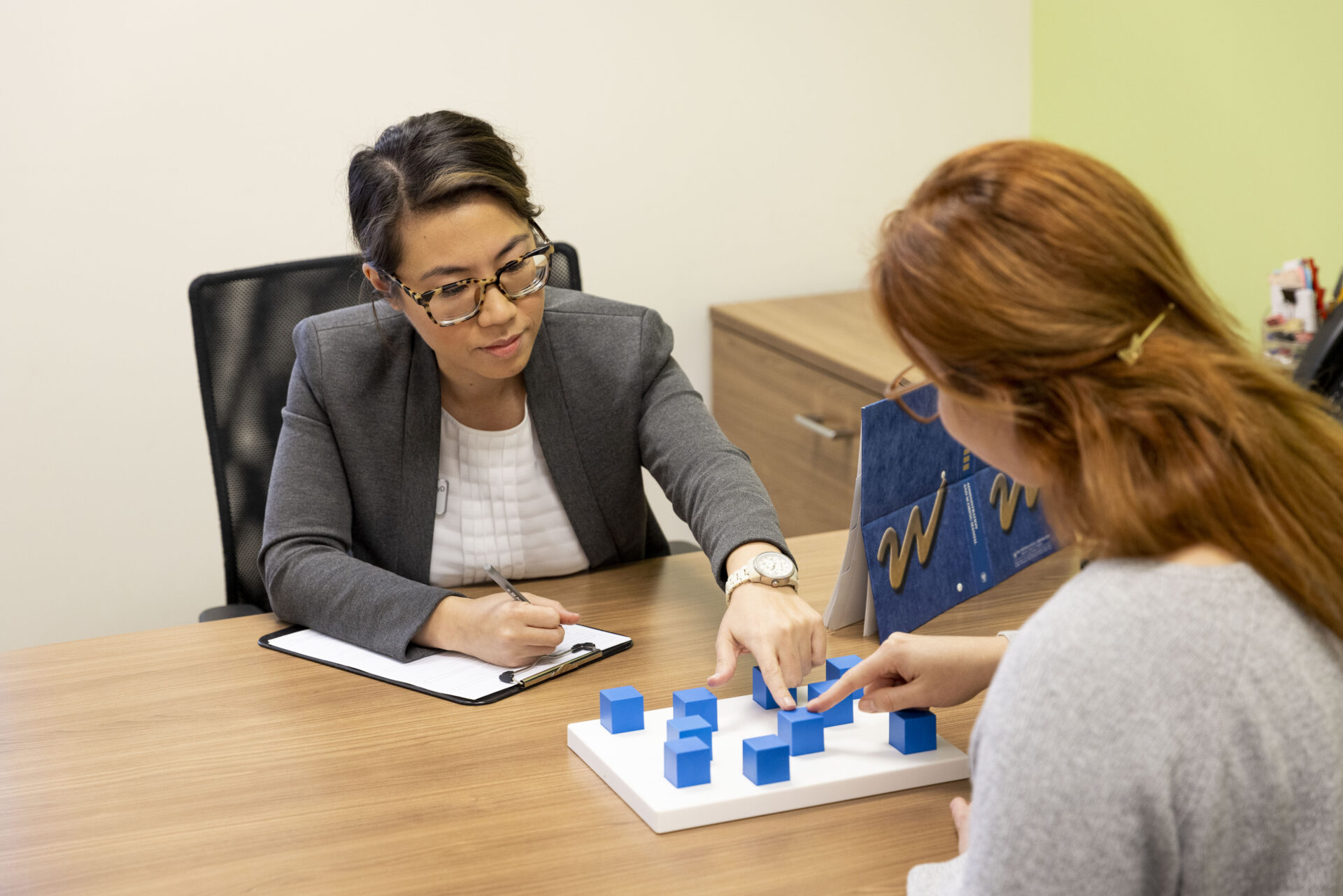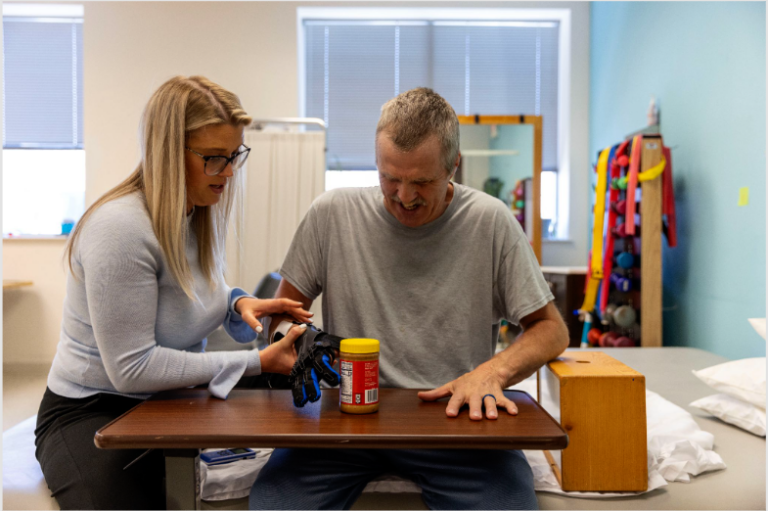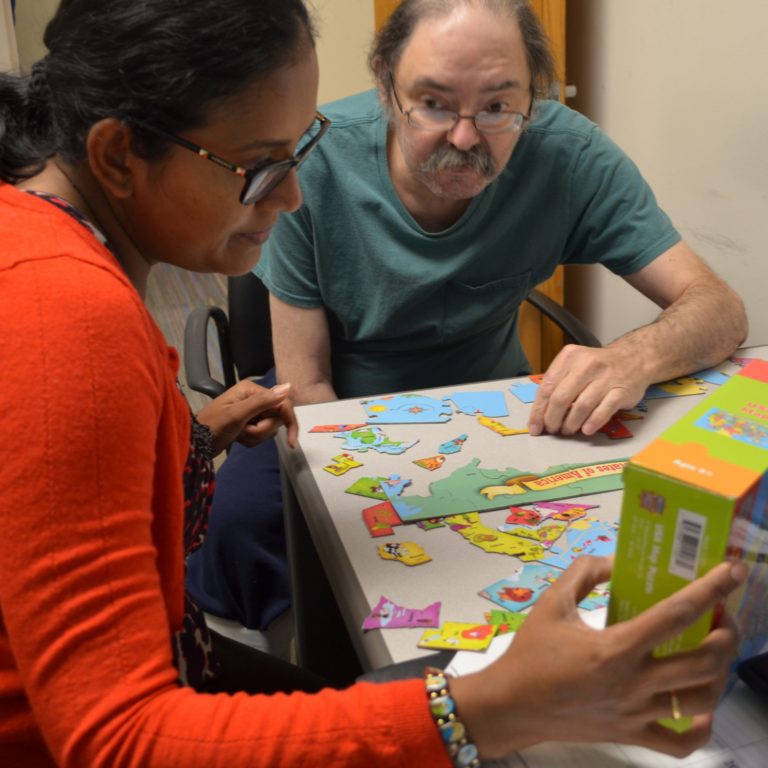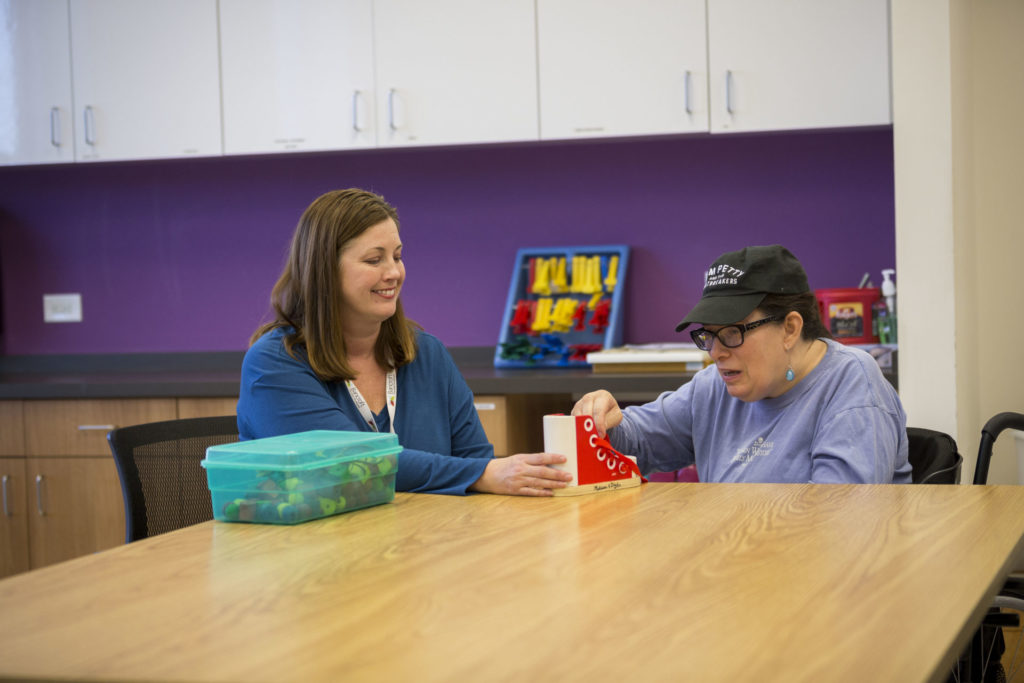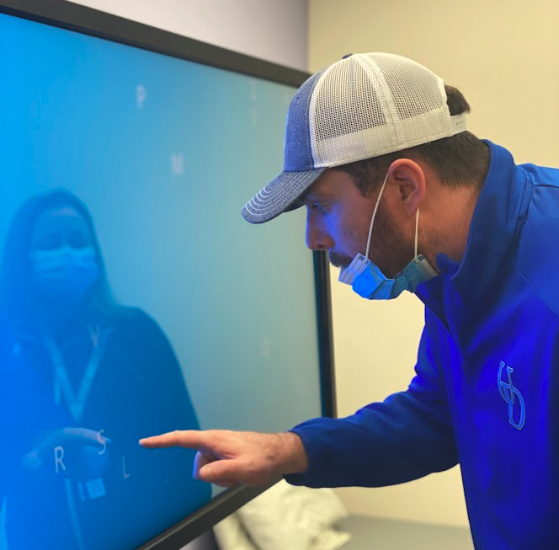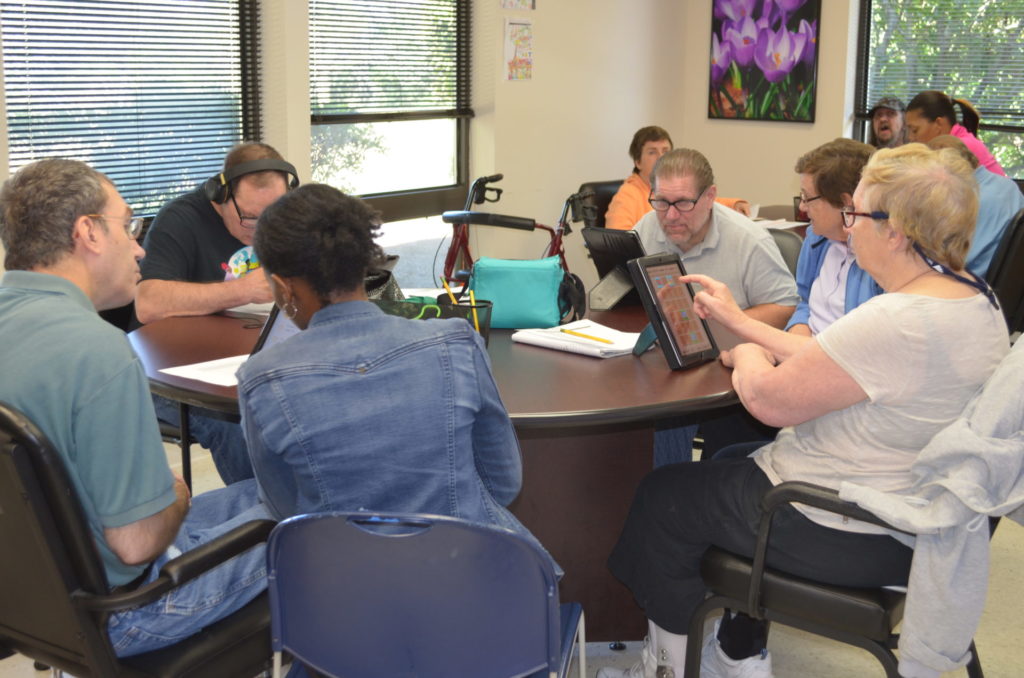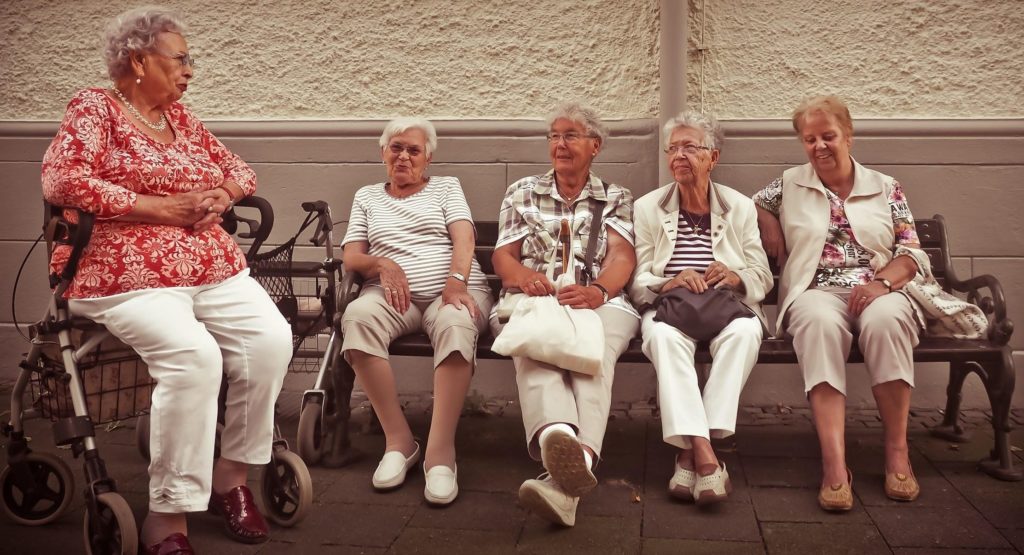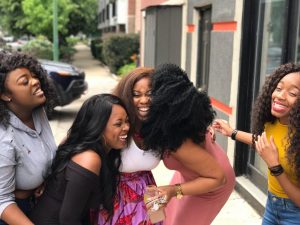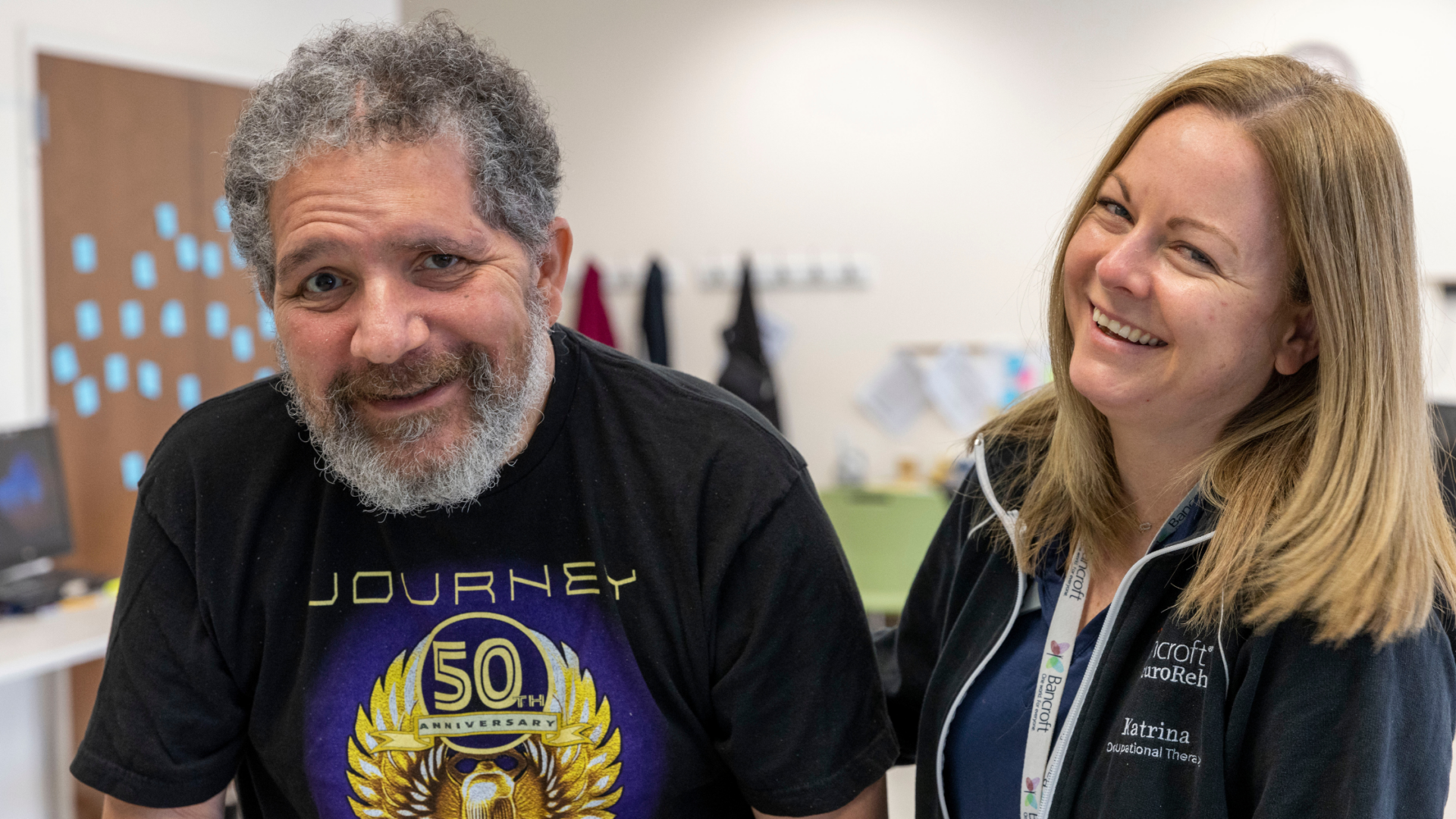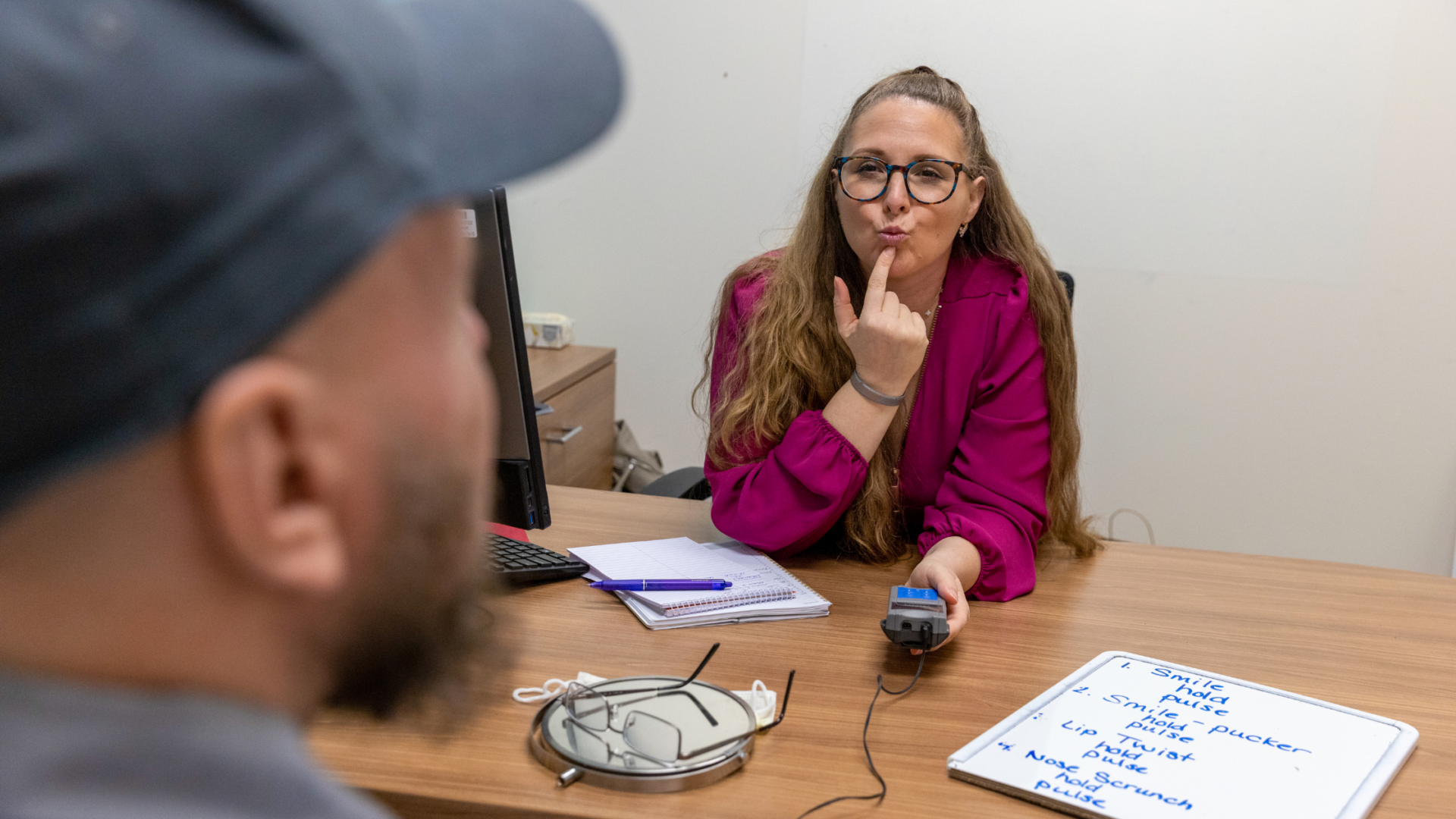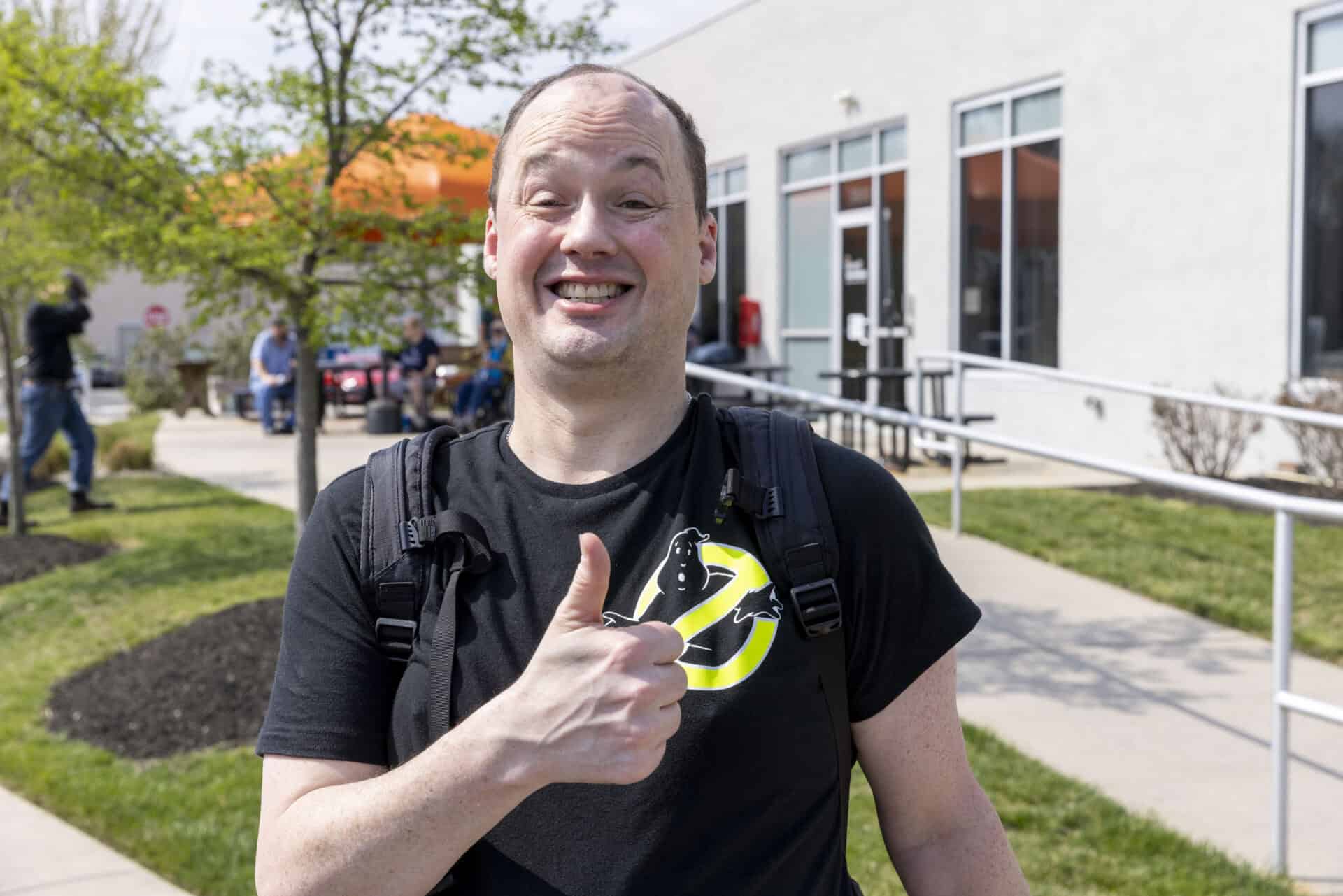Here are 5 ways your social life impacts more than just your calendar.
By Sheryl Berardinelli, PsyD, ABPP
Board-Certified Rehabilitation Psychologist, Bancroft NeuroRehab
Physical activity isn’t the only type of activity that’s good for you. Increasingly, we’re learning that being socially active throughout your life is just as important for your overall well-being.
|
|
From helping us to learn social cues and boosting our self-esteem as children, to keeping our minds young as we age, it’s becoming clear that relationships – from close friendships, to romantic connections, to fun group interactions – are key to a healthy brain across the lifespan.
Here are just a few reasons why:
- It could lower your risk of dementia. People who socialize tend to perform better on memory and other cognitive tests. Being socially active supports brain health and research suggests it could delay the onset of dementia.
- It boosts mental health. Social interactions reduce feelings of depression and loneliness. One way to improve your mood is to expand your social connections.
- It improves your physical health. Social connections can boost our immune system. The Harvard Women’s Health Watch reported that people with satisfying relationships have fewer health problems and live longer. On the other hand, people who lack social contacts are more likely to experience higher levels of stress and inflammation.






- It keeps you physically healthy and can extend your life. Social engagement has been associated with reduced rates of disability and mortality.
- It helps optimize brain injury rehabilitation. For those recovering from traumatic brain injury, research shows the quality and amount of social support available to a patient increases the effectiveness of their rehabilitation, and enhances their overall well-being.
So make some time today to visit an old friend or schedule an outing! Here are some other ideas to boost your social engagement:
- Join hobby clubs such as book, knitting, crocheting, hunting, film, bowling, golf, etc. Local recreation centers and regional Facebook groups can be a great way to connect with people of similar interests.






- Consider joining a choir, music group, or the local theater.
- Find volunteer activities in your area.
- Attend religious services at your church, synagogue, temple, or mosque.
- Use video chatting apps such as Facetime, Skype, Viber, or Snapchat to connect with family and friends who live far away.
- Walk around your neighborhood and chat with neighbors.
- Sign up for a class at your local library, college, or town recreation center.
- Join group classes at your local gym.
- Invite friends or family members over for meals, coffee, tea, cards or board games.



